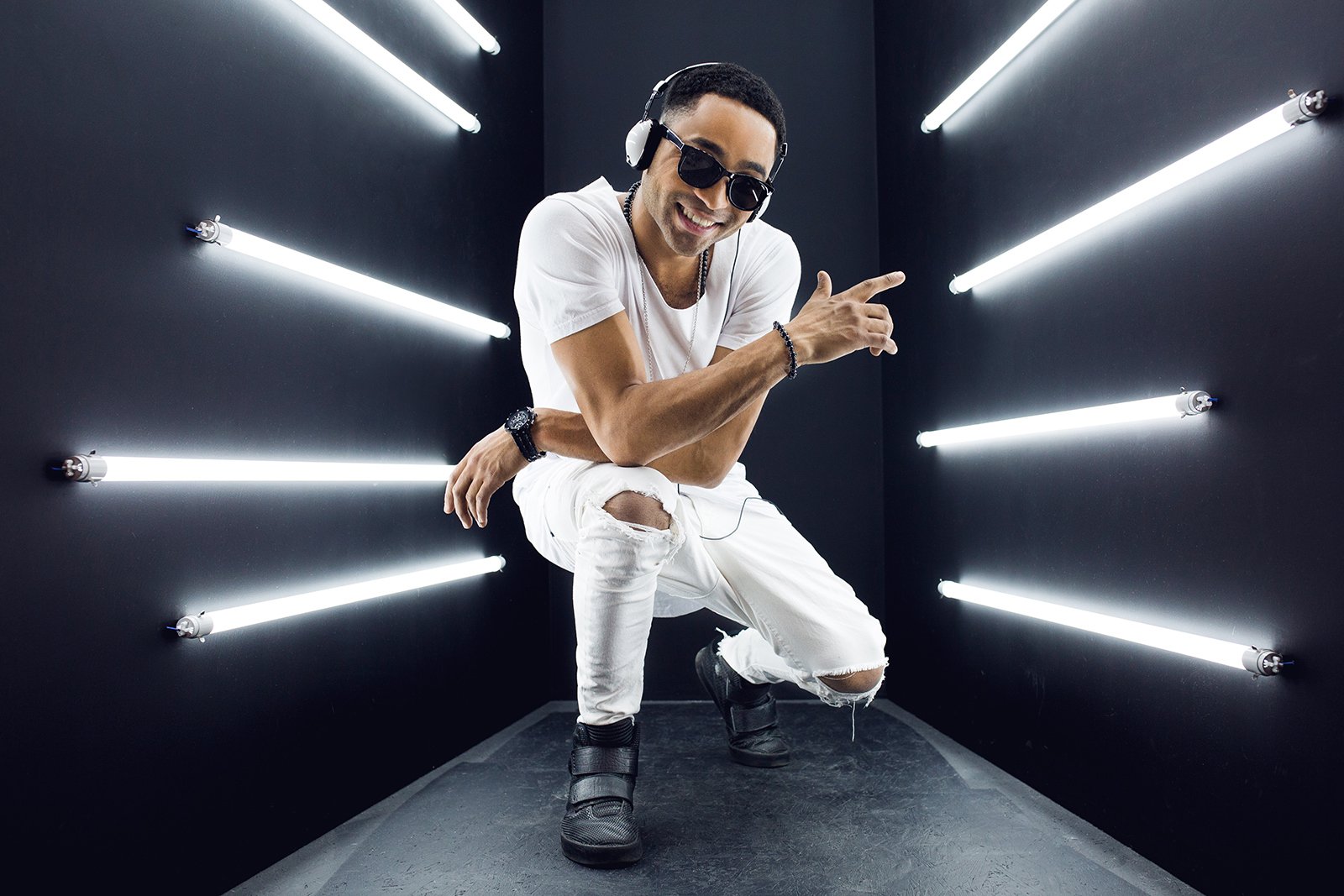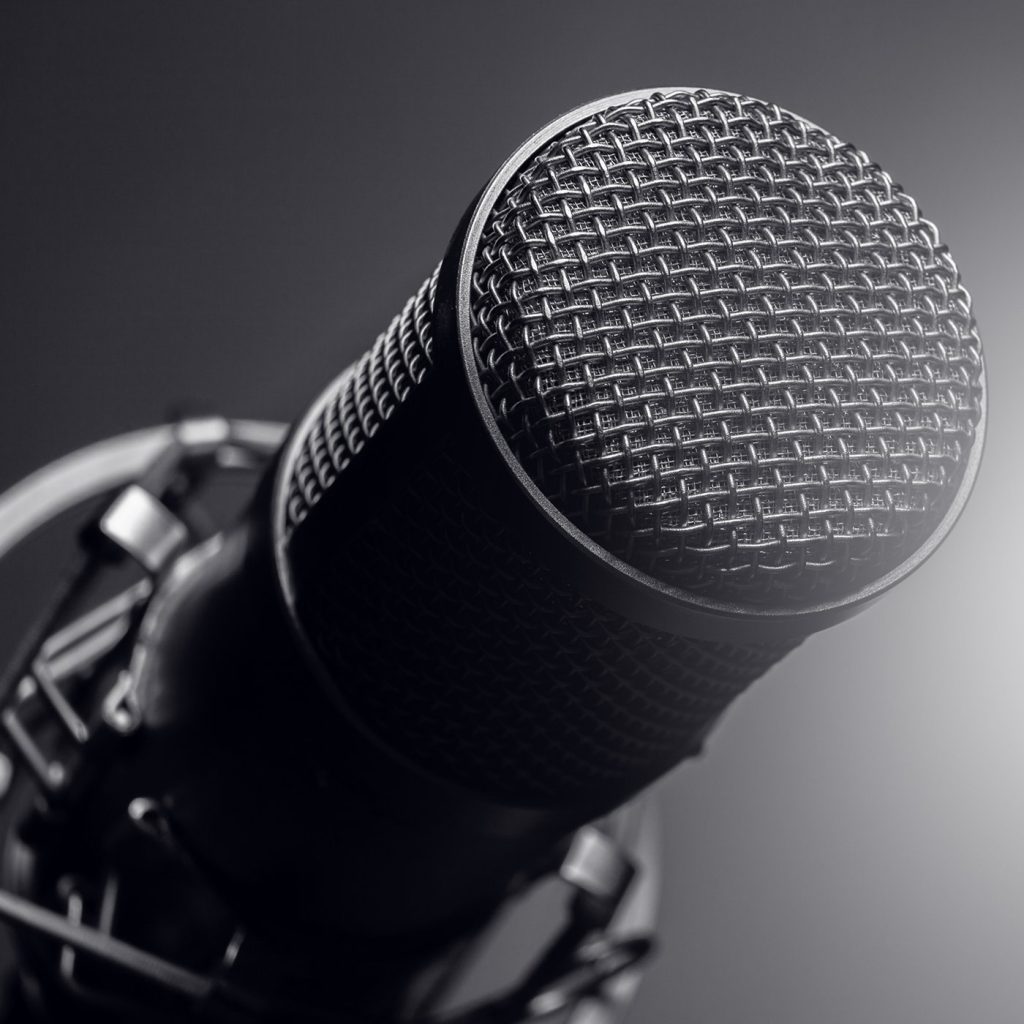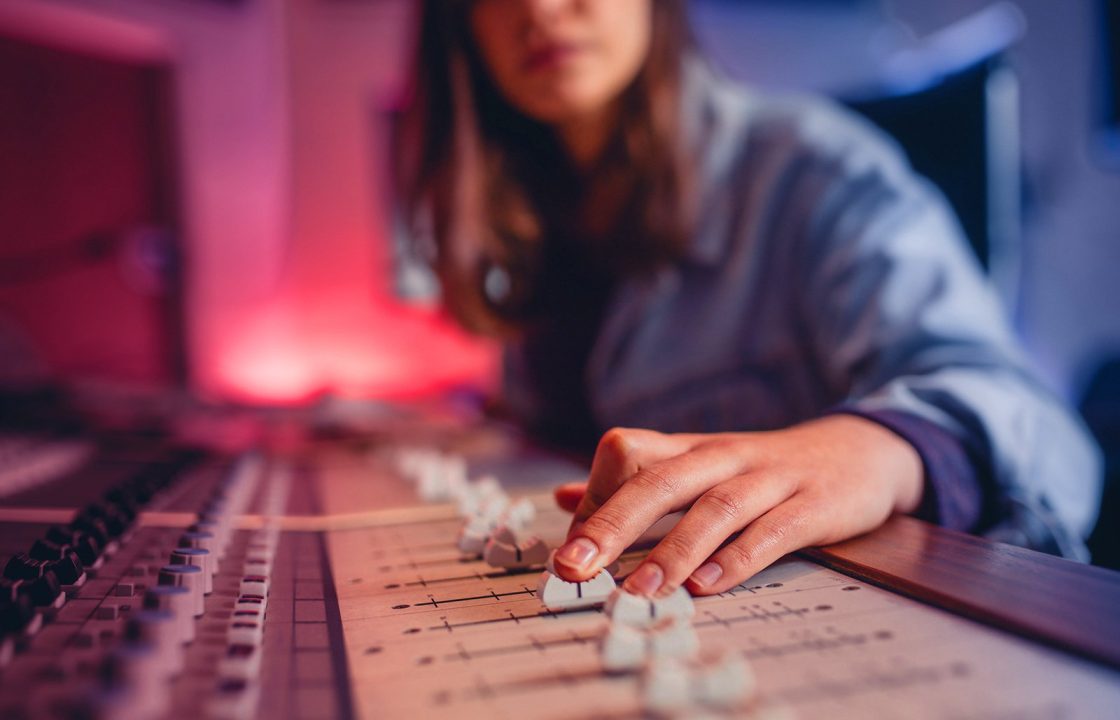
Great rap voices have layers. Think about Kendrick switching tones mid-track or Nicki flipping characters in one verse. Developing your vocal range means exploring highs, lows, whispers, growls, and even spoken word flows. Don’t stay stuck in one tone — learn to bend your voice to match your message
The mirror won’t tell you what the mic will. Record your freestyles, verses, even practice sessions. Listen critically. Are you clear? Are you expressive? Does your voice match the vibe of your lyrics? The more you record and analyze yourself, the faster you’ll evolve. Your phone’s voice recorder can become your most powerful tool.
Find Your Natural Voice, Then Amplify It
Before trying to sound like your favorite rapper, learn how you sound. Record yourself speaking, rapping, even whispering. This helps you understand your tone, your pitch, your natural rhythm. Once you know your base voice, you can shape it into something powerful. Don’t chase imitation — aim for elevation.
-
Humming scales – Builds resonance and warms up vocal cords.
-
Tongue twisters – Improves articulation and speed.
-
Read lyrics aloud – Practice delivering lines with emotion and clarity.
-
One-breath challenge – Try to rap full verses without taking a breath.
-
Mic control drills – Practice with and without a mic to master projection.
Breath Control Is Everything
Without breath, there’s no voice. Great rappers master their lungs like athletes master their legs. Practice rapping long verses in one breath. Use breathing exercises (like box breathing or humming) to expand your lung capacity. More control = more confidence.
Yelling doesn’t equal power. It’s about projection, emotion, and delivery. Learn how to push your voice forward without straining your throat. Speak through the beat, not just on top of it. Energy comes from your core, not your throat.

Common Mistakes to Avoid When Training Your Rap Voice
-
❌ Mimicking other rappers too much
-
❌ Ignoring breath work
-
❌ Rapping with a tight throat
-
❌ Forgetting to warm up
-
❌ Overlooking articulation
Emotion Drives Delivery
Your voice shouldn’t just carry words — it should carry feeling. Whether it’s pain, hunger, ego or joy, the emotion behind your bars needs to bleed through your tone. That’s what separates a rapper from a reader. Practice performing your verses like you mean every syllable. If you don’t feel it, the listener won’t either.
The mirror won’t tell you what the mic will. Record your freestyles, verses, even practice sessions. Listen critically. Are you clear? Are you expressive? Does your voice match the vibe of your lyrics? The more you record and analyze yourself, the faster you’ll evolve. Your phone’s voice recorder can become your most powerful tool.

Mic Presence is Half the Game
Some rappers sound flat in the booth, but electric on stage — or vice versa. Learn how your voice interacts with the mic. Practice distance, projection, and mic movement. In studio sessions, avoid going too loud or too soft. A clean, confident delivery saves your engineer time — and makes you sound pro from the jump.
Conclusion: Your Voice, Your Power



